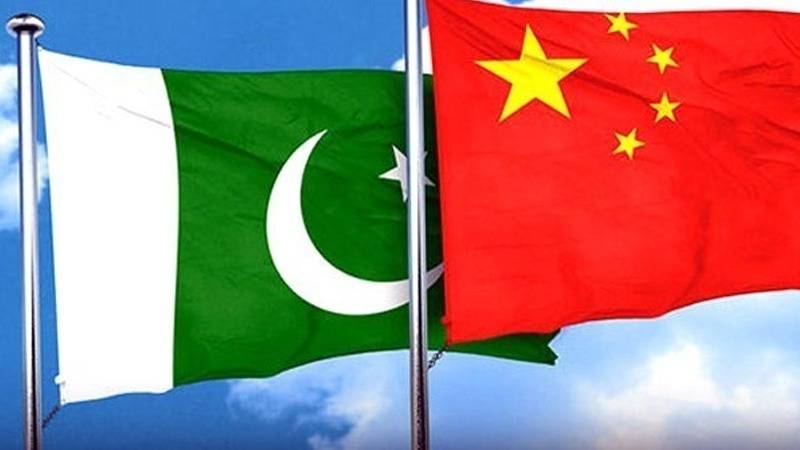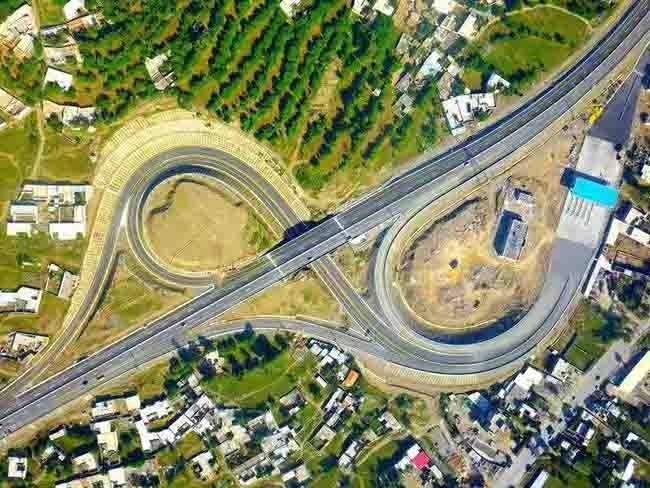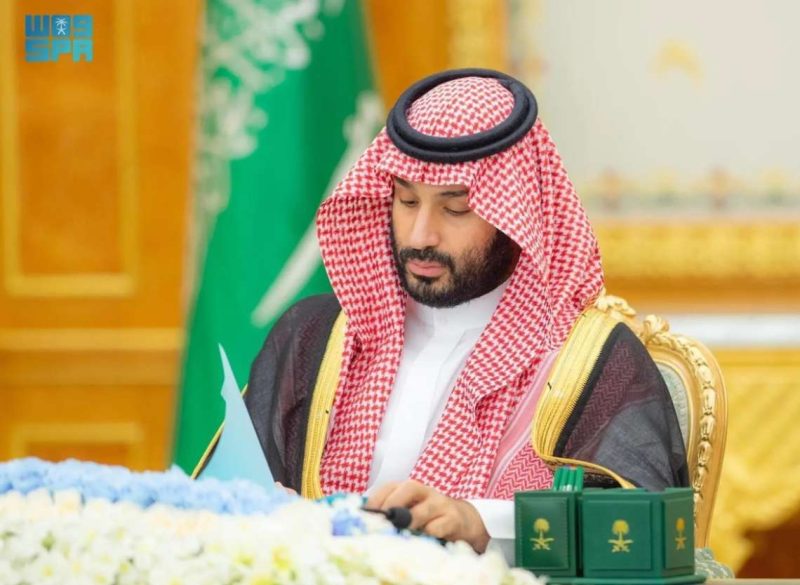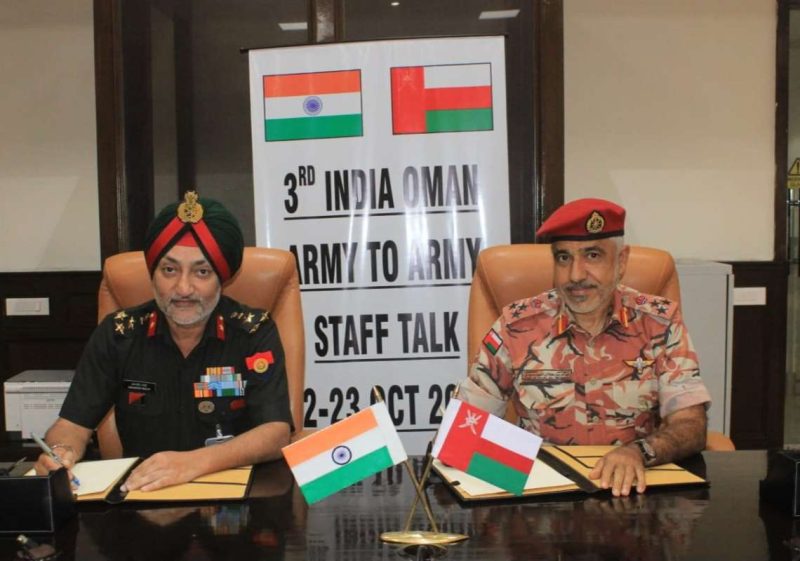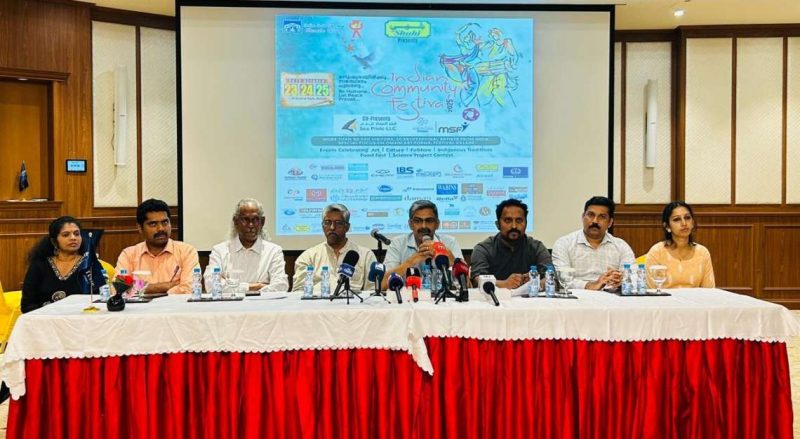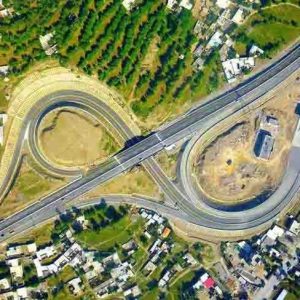Pakistan has become a killing field for Chinese nationals and no amount of their security is fool proof that Beijing wants it to be. Rather incidents of attack on Chinese nationals have increased with the noticeable rise in anti-China feelings in Pakistan’s Sindh, Balochistan, Pakhtunkhwa provinces and also in Pakistan-occupied Kashmir region in the recent past … writes Dr Sakariya Kareem
After three Chinese language teachers and their Pakistan driver were killed in a suicide bombing outside the Karachi University in April this year, Beijing issued a stern warning: “The blood of the Chinese cannot be shed in vain, and those behind this incident will surely pay the price.” The Pakistan government, under China’s pressure, maintained that the security of Chinese residents would be ensured in every manner.
But in Pakistan, which is drowned in huge debt and flood while being hobbled with ramshackle political governance, the gap between pledge and ground reality seems to have widened further. An unidentified assailant killed a Chinese national and injured two others in the middle of Pakistan’s Karachi town on September 28. Since 2016, when Beijing launched the China-Pakistan Economic Corridor (CPEC), this was the 10th attack on Chinese nationals and interests in Pakistan. In Karachi alone, this was the second attack on Chinese nationals since the Shehbaz Sharif government came into power.
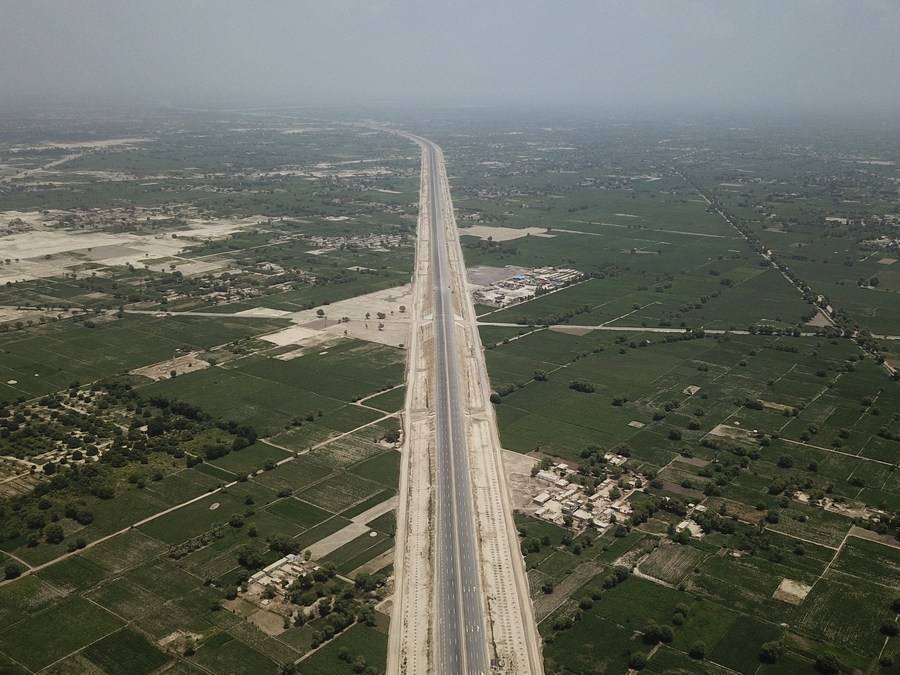
Indications are clear: Pakistan has become a killing field for Chinese nationals and no amount of their security is foolproof as Beijing wants it to be. Rather incidents of attack on Chinese nationals have increased with the noticeable rise in anti-China feelings in Pakistan’s Sindh, Balochistan, and Pakhtunkhwa provinces and also in the Pakistan-occupied Kashmir region in the recent past.
This year on January 17, a massive anti-China protest rally was organised by political activists and people in Pakistan’s Sind province’s Sann town on the 118th birth anniversary of veteran Sindh nationalist leader G M Syed. While raising pro-freedom slogans, the protestors at the rally condemned China for exploiting their resources.
In July 2020, a huge protest erupted in Muzaffarabad of Pakistan-occupied Kashmir against China, condemning it for the illegal construction of Neelum Jhelum and Kohala Hydropower stations. The protestors highlighted the environmental impacts of dams constructed by China under the CPEC initiative.
In November 18, 2020, thousands of Pakistani labourers staged a protest against China in Karachi, complaining about unequal wages received by them as compared to Chinese workers involved in CPEC projects.
Last year in August, people burned tires, chanted slogans, and shut down Pakistan’s port city of Gwadar, protesting against China’s illegal fishing in nearby waters and the CPEC project which is a part of President Xi Jinping’s Belt and Road Initiative, stretching across 70 countries in the world.
Gwadar Port is an integral part of the multi-billion CPEC project and as per ‘The Guardian’, Pakistan surrendered it to a Chinese-backed multinational corporation for a lease of 40 years. It has given a fillip to the insurgency in Balochistan with separatist groups carrying out attacks on Chinese nationals and CPEC projects.
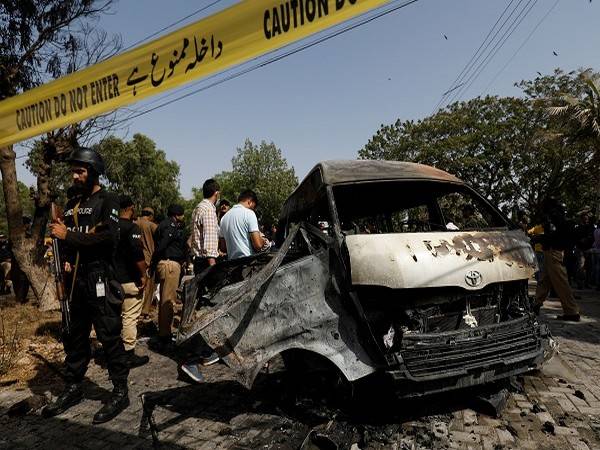
Nine Chinese workers were killed in July last year when a vehicle laden with explosives and driven by a suicide attacker rammed the bus in which they were travelling towards the Dasu Hydropower project in the Upper Kohistan area of Pakistan’s Khyber Pakhtunkhwa province. The Tehreek-i-Taliban Pakistan (TTP) claimed responsibility for the blast. Pakistan had to pay millions in compensation to the family of the Chinese workers killed.
China’s ambassador to Pakistan, Nong Rong escaped unhurt, yet five people were killed and 12 others injured when a suicide bomb attack was carried out at a luxury hotel in Pakistan’s Quetta in April 2021. Earlier, the Chinese Consulate in Karachi was attacked by the Baloch Liberation Army in November 2018. It was the second attack on Chinese interests in that year after a bus carrying Chinese engineers was targeted by suicide bombers in Baluchistan’s Dalbandin city in August 2018. Three Chinese nationals were injured in that suicide bomb attack.
In 2017, an outfit called ‘Majeed Brigade’ attacked a five-star hotel in Gwadar when the Chinese delegation was busy planning for a port project. Eight people were killed in that attack. In the same year, a video on Twitter and other social media surfaced in which a purported member of the ‘Majeed Brigade’ is heard warning Chinese President Xi Jinping to “get out of Balochistan.” Earlier in May 2017, the couple Li Zang Hing and Ming Leassi Ha were kidnapped from Quetta and were later killed. The Islamic State had claimed responsibility for killing the Chinese couple who were said to be teachers at a language centre in Quetta.
Records suggest that in the last six years, especially after Chinese men landed in hordes in Pakistan in connection with CPEC projects, different extremist groups have made Chinese interests targets of their attacks inside the country. On May 6, 2016, the foundation of the CPEC initiative was laid in Sukkur city in Pakistan’s Sindh province with the beginning of the construction of a section of highway between Sukkur and the city of Multan. A few days later, China experienced its first shock when a Chinese worker and his driver were wounded in a bomb attack in Sindh province on May 30.
A detailed analysis of attacks will reveal that Chinese nationals’ presence on Pakistani soil was unacceptable to people in the country from the beginning of the launch of the CPEC project. Yet China has never criticised the Pakistani government or its law enforcement agencies for their failure to stop the attacks on Chinese nationals. This is surprising for foreign watchers across the world.


